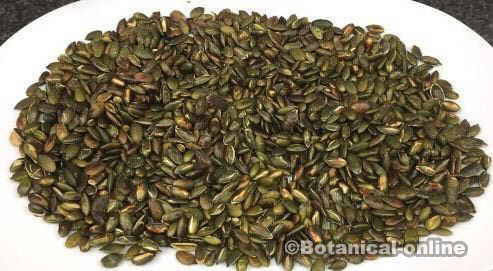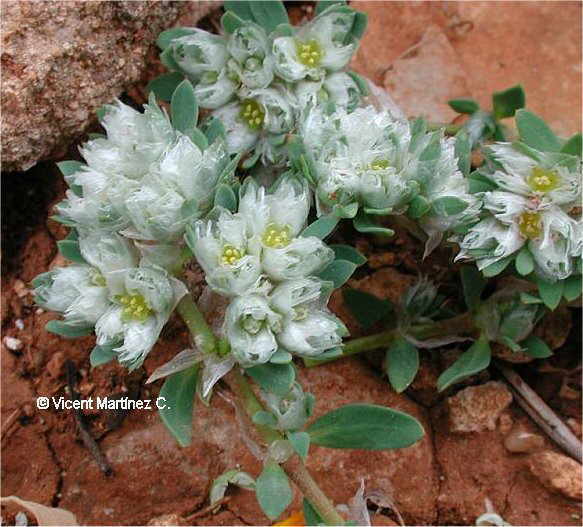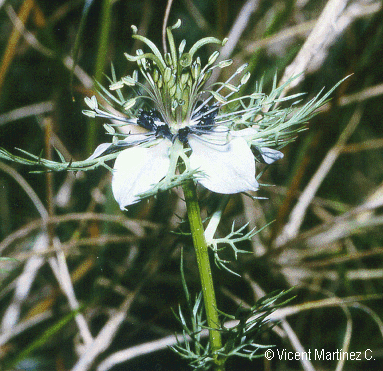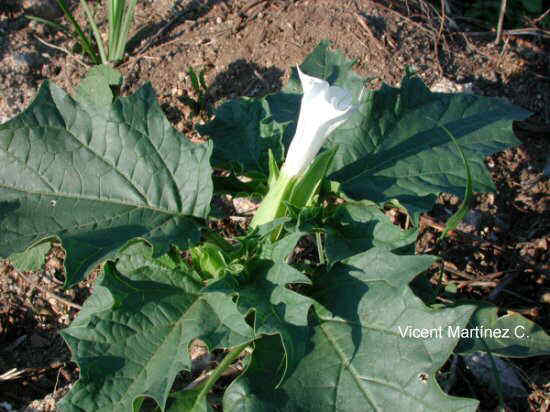Contents
Citrus benefits
What do citrus fruits contain?
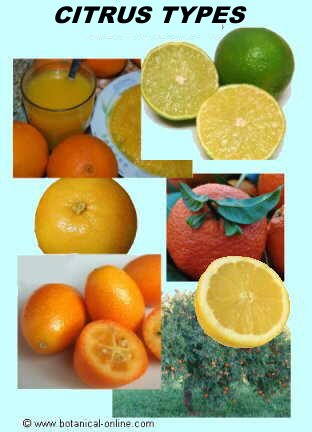 Citrus fruits are mainly characterized by their large fruits that contain large amounts of vitamin C, limonoids, flavonoids and citric acid. Citric acid – C3H4OH(COOH)3 -is a component that provides their characteristic sour taste.
Citrus fruits are mainly characterized by their large fruits that contain large amounts of vitamin C, limonoids, flavonoids and citric acid. Citric acid – C3H4OH(COOH)3 -is a component that provides their characteristic sour taste.
The presence of limonoids (limonin and nomilin) and flavonoids (Limonene, citral, linalool, citronellal, nerol, etc.) give them deep flavors. For example, the orange flowers are known for their distinctive aroma known as orange blossom scent. These natural flavorings can be extracted and utilized in an industrial use for the preparation of perfumes and flavorings.
It is precisely these phytochemicals which give these plants their medicinal properties as features. They are recognized as very good antioxidants capable of neutralizing free radicals and prevent the development of cancerous cells.
Anti-inflammatory properties of citrus
No less important are their anti-inflammatory properties and their ability to prevent the formation of blood clots, cardiovascular responsible for numerous accidents or their ability to protect and heal the diseases of the eye.
A powerful antioxidant
Within the citrus, the most numerous phytochemicals are flavonoids with high amounts of carotenoids (as beta carotene), routine, hesperidin, lutein, zeaxanthin, lycopene etc.
Vitamin C that most of these fruits provide, besides being a powerful antioxidant, has been used since long for their antiscorbutic properties and to improve recovery and symptoms in diseases such as colds and flu.
*Related information: Citrus characteristics
![]() More information on citrus
More information on citrus




